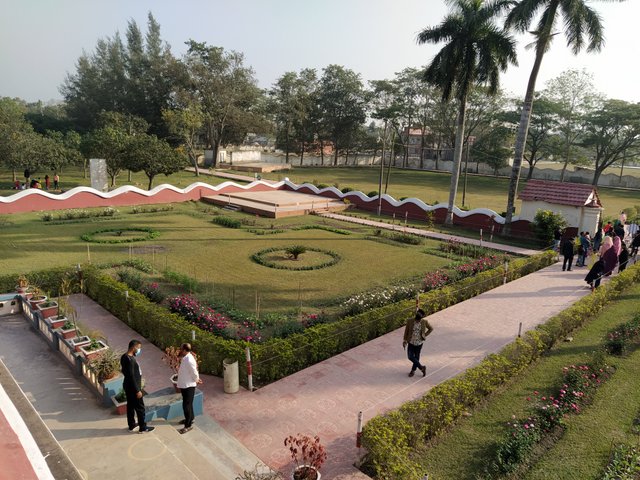The Enriched Cultural Capital of Bangladesh
Kushtia, nestled in the southwestern part of Bangladesh, is a district that resonates with rich cultural heritage, historical significance, and natural beauty. Let’s delve into the tapestry of Kushtia’s tradition and culture:
- The Origin and Cultural Legacy
Kushtia’s roots trace back to its cultural, heritage, and philosophical history.
It gained prominence in 1862 when the first-ever railway in present-day Bangladesh connected Sheldah (India) to Jogoti, Kushtia. This railway spurred economic growth by linking the region to Kolkata.
The influential “Gram Barta Prokashika”, a pioneering Bengali publication, was born in Kumarkhali, Kushtia. It published works by renowned figures like Mir Mosharraf Hossain and Lalon Shah.
Speaking of Lalon Shah, the revered mystic poet and philosopher, he floated down the Kali-Ganga River to Kushtia, leaving an indelible mark on the region’s cultural fabric.
- Lalon Shah:
The Fakir of Kushtia Lalon Shah, also known as “Fakir Lalon Shah”, left an enduring legacy. His songs, rooted in Baul tradition, continue to resonate across generations.
The famous novel “Bishadshindhu” by Mir Mosharraf Hossain and Lalon’s soul-stirring compositions were first published in “Gram Barta Prokashika”.
Rabindranath Tagore, too, found inspiration in Baul songs during his time in Kushtia.
- Mohini Mills and Cultural Contributions
Mohini Mohan Chakraborty, a visionary from Elingi village in Kumarkhali, established Mohini Mohan Mills and Company in Kushtia. The textile mill, spanning 33 acres, became a hub of cultural activities. Mohini Mohon Theater hosted talented artists like Krishna Chandra Dey, Pannalal Kawal, and Shyamal Mitra.
Rabindranath Tagore’s connection with Kushtia extended to his residence at Shelaidaha, where he managed family estates and built Tagore Lodge.
- The Present and the Future
Kushtia’s cultural heritage faces challenges due to unplanned urban growth. Historical structures and traditions are at risk.
Initiatives like “Soliloquy: Exploring the History of Cultural Capital” aim to revive Kushtia’s pride, meet present needs, and let old architecture express its soliloquy1.
As visitors explore Kushtia, they encounter the scenic beauty of the Padma River, weaving mills, and remnants of a vibrant past.


Kushtia—the land where history hums, and culture pirouettes. Come, listen to its tales, walk its fields, and let your heart dance to its rhythm.
Disclaimer: The content provided is for informational purposes only and celebrates Kushtia’s cultural heritag